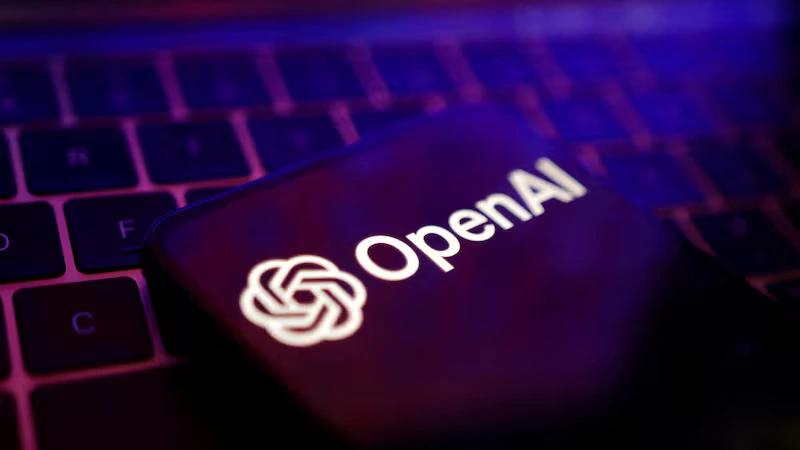OpenAI, the leader in generative AI, is planning a big change by introducing a new structure that includes both a for-profit corporation and a non-profit unit.
In its blog post, OpenAI shared plans to turn its current for-profit arm into a public benefit corporation (PBC) registered in Delaware. This PBC will oversee OpenAI’s operations and business activities, while the non-profit unit will focus on charitable work in areas like health care, education, and science by hiring its own leadership and staff.
Currently, OpenAI’s structure limits the board’s ability to focus on funding interests or easily manage its for-profit activities. This restructuring will make it easier for the company to raise funds like other businesses, enabling it to secure the capital needed to grow further.
Founded in 2015 as a non-profit research organization, OpenAI’s mission has always been to ensure that artificial intelligence benefits humanity. Its popular ChatGPT platform, which offers human-like AI responses, is a clear example of this. ChatGPT has grown significantly since its release in December 2022, with 300 million users each week.
Backed by Microsoft, OpenAI is now pushing for more investments to keep expanding its AI technology. In October, it raised $6.6 billion, reaching a valuation of $157 billion. This funding will go toward advancing AI research and increasing its computing power. Thrive Capital led the round with a $1.3 billion investment, alongside other backers like Microsoft, Fidelity, Nvidia, and Tiger Global Management.
OpenAI acknowledged the need for conventional equity to secure such large-scale investments. “We need to raise more capital than we initially imagined,” the company stated, emphasizing the interest from investors willing to support their goals.
This move mirrors the corporate structures of competitors like Anthropic and xAI, an AI start-up owned by Elon Musk. Interestingly, Musk co-founded OpenAI in 2015 but later had a fallout with the company. In February, he sued OpenAI and its CEO, Sam Altman, accusing them of abandoning their original non-profit mission. The Tesla founder alleged that Altman prioritized profits over public good after generative AI became a game-changer.
Although Musk dropped the initial lawsuit, he filed another one in August, seeking to cancel OpenAI’s licensing partnership with Microsoft. He claimed OpenAI’s language models exceeded the partnership’s terms. In response, OpenAI dismissed the lawsuit as an act of regret over missing out on their success.
Despite the challenges, OpenAI continues to collaborate with Microsoft, which heavily invests in its AI capabilities for computing services.
OpenAI’s shift to a public benefit corporation shows its commitment to balancing growth and its mission to make AI helpful for everyone.





